Home>Articles>Best Products To Clean Your Mirrors Effectively
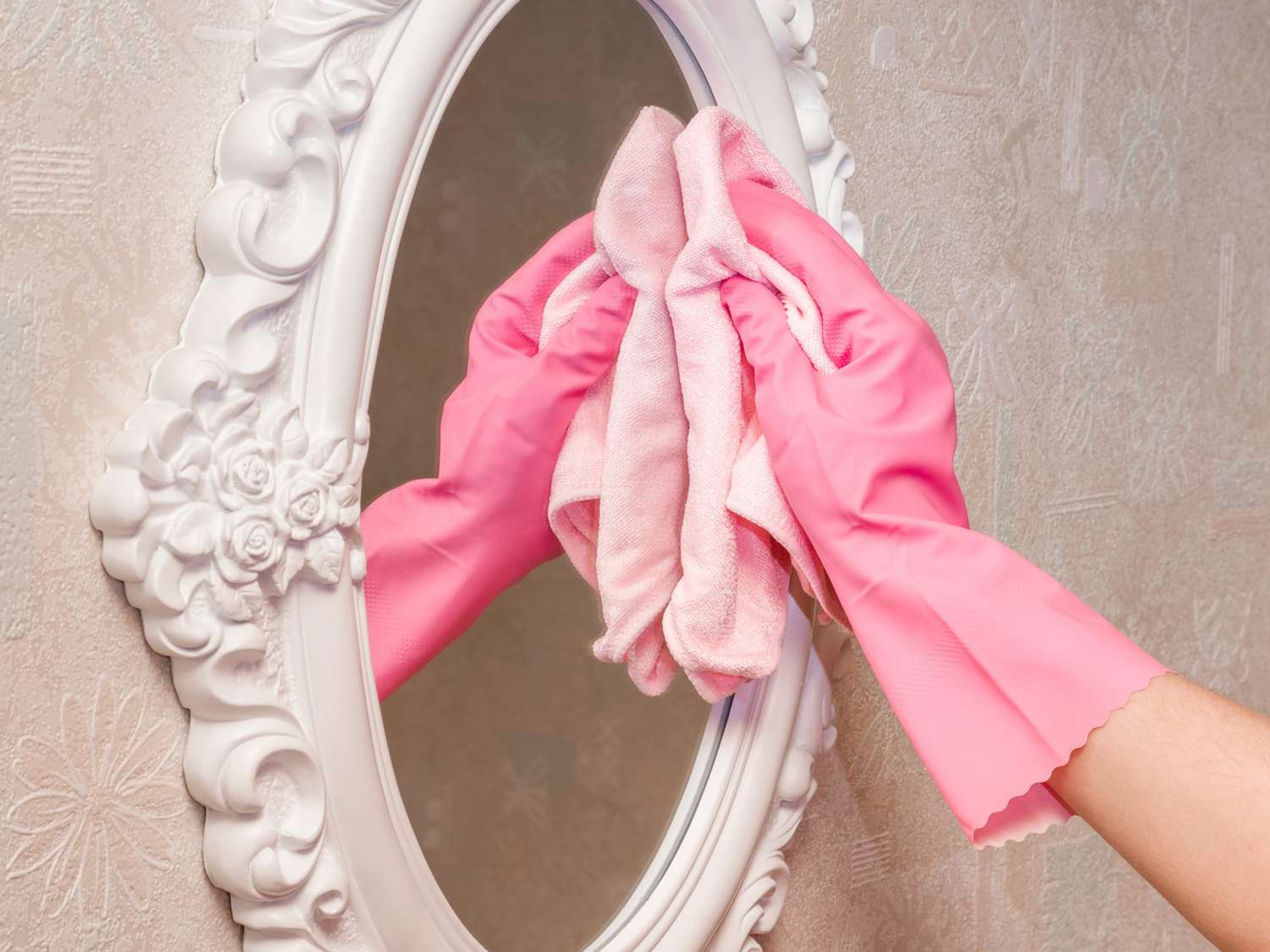

Articles
Best Products To Clean Your Mirrors Effectively
Modified: March 2, 2024
Discover the best articles on what to clean mirrors with and get streak-free, crystal clear results. Find expert tips and recommendations for a sparkling reflection.
(Many of the links in this article redirect to a specific reviewed product. Your purchase of these products through affiliate links helps to generate commission for Storables.com, at no extra cost. Learn more)
Introduction
When it comes to cleaning mirrors, it’s important to know the right methods and products to achieve streak-free, sparkling results. Mirrors are a common feature in every home and play a crucial role in enhancing the aesthetics of any space. Whether it’s in the bathroom, bedroom, or hallway, keeping mirrors clean and well-maintained enhances not only their appearance but also the overall ambiance of the room.
In this article, we will explore various methods and products you can use to clean your mirrors effectively. From simple household ingredients to specialized glass cleaners, we’ll discuss the pros and cons of each method to help you make the best choice for your mirror cleaning needs.
Before diving into specific cleaning methods, it’s important to remember a few key considerations. First, always avoid using abrasive materials, as they can scratch the surface of the mirror and compromise its reflective quality. Second, keep in mind that excessive moisture can damage the mirror’s backing, so it’s important to use a moderate amount of cleaning solution. Finally, don’t overlook the power of regular dusting, as it helps prevent the buildup of dirt and grime.
Now, let’s explore some common methods to clean mirrors and discover which one suits your preferences and needs.
Key Takeaways:
- Choose the Right Method: Whether it’s vinegar and water, rubbing alcohol, commercial glass cleaner, or a homemade solution, find the mirror cleaning method that suits your preferences and delivers sparkling, streak-free results.
- Mindful Maintenance Matters: Regularly dusting, using gentle pressure, and avoiding excessive moisture are key to maintaining pristine mirrors that enhance the ambiance of your space.
Common Methods to Clean Mirrors
When it comes to cleaning mirrors, there are several common methods that people use. Each method has its own advantages and disadvantages, so it’s important to choose the one that works best for you. Let’s take a closer look at some of these methods:
- Vinegar and Water Solution: One of the most popular and effective methods to clean mirrors is using a vinegar and water solution. The acidity of vinegar helps dissolve any grime or smudges on the mirror’s surface. Simply mix equal parts white vinegar and water, spray the solution onto the mirror, and wipe it off with a lint-free cloth or newspaper. The vinegar smell may linger temporarily, but it will dissipate quickly.
- Rubbing Alcohol and Water Solution: Another effective option is using a rubbing alcohol and water solution. This method is especially useful for removing stubborn stains or adhesive residue on the mirror. Combine equal parts rubbing alcohol and water, apply the solution to the mirror, and wipe it clean with a microfiber cloth or paper towel. Rubbing alcohol evaporates quickly, leaving no streaks behind.
- Glass Cleaner: Commercial glass cleaners are readily available at stores and are specifically formulated for cleaning mirrors and glass surfaces. These cleaners come in spray bottles, making them easy to use. Simply spray the cleaner onto the mirror surface and wipe it off with a clean cloth or paper towel. Be sure to choose a streak-free formula to achieve a pristine, sparkling result.
- Homemade Mirror Cleaner: If you prefer a natural and DIY approach, you can create your own mirror cleaner using common household ingredients. One popular recipe involves mixing water, a few drops of dish soap, and a dash of lemon juice or vinegar. This homemade cleaner effectively removes dirt and smudges while leaving a pleasant scent. Apply the mixture to the mirror and wipe it clean with a lint-free cloth.
Each of these methods has its own merits, and the choice ultimately depends on your personal preference and the materials you have on hand. Experiment with different methods to find the one that works best for you and delivers the desired results.
Vinegar and Water Solution
Using a vinegar and water solution is a popular and effective method for cleaning mirrors. This method harnesses the natural cleaning power of vinegar to remove dirt, smudges, and streaks from the surface of the mirror.
To create a vinegar and water solution, simply mix equal parts white vinegar and water in a spray bottle. Shake the bottle gently to ensure the ingredients are well combined.
Before applying the solution to the mirror, take a moment to remove any loose dust or debris by gently dusting the surface with a soft cloth or duster. This step helps prevent scratching the mirror during the cleaning process.
Once the mirror is free of loose debris, spray the vinegar and water solution onto the mirror surface. Avoid oversaturating the mirror, as too much moisture can damage the mirror backing.
Next, use a lint-free cloth or newspaper to wipe the solution off the mirror in a circular or zigzag motion. Start from the top and work your way down to ensure complete coverage. This friction helps break down any grime or smudges on the mirror surface.
If you notice stubborn streaks or smudges, spray a small amount of the solution directly onto the cloth or newspaper and focus on those areas. The vinegar’s acidity helps dissolve and remove any persistent stains.
Once you’ve wiped the mirror clean, step back and inspect for any remaining streaks or spots. If necessary, repeat the process until you achieve a streak-free and sparkling result.
It’s important to note that the vinegar smell may linger temporarily after cleaning. However, it will dissipate quickly as the mirror dries.
In addition to being an effective cleaning agent, vinegar is a natural and environmentally friendly option. It is safe for most mirror surfaces and does not leave any harmful residue behind.
However, it’s essential to exercise caution when using vinegar on certain types of mirrors, such as those with a protective coating or antique mirrors. In these cases, it is best to consult the manufacturer’s recommendations or seek professional advice to avoid any potential damage.
Overall, using a vinegar and water solution is a cost-effective, natural, and efficient method for cleaning mirrors. Give it a try, and enjoy the clear, streak-free reflections in your home.
Rubbing Alcohol and Water Solution
A rubbing alcohol and water solution is an effective method for cleaning mirrors, especially for removing stubborn stains or adhesive residue. Rubbing alcohol, also known as isopropyl alcohol, has powerful cleaning properties that help dissolve tough grime and leave mirrors sparkling clean.
To create a rubbing alcohol and water solution, combine equal parts rubbing alcohol and water in a spray bottle. Give the bottle a gentle shake to ensure the ingredients are well mixed.
Before applying the solution to the mirror, take a moment to remove any loose dirt or dust by dusting the surface with a soft cloth or duster. This step helps prevent scratching the mirror during the cleaning process.
Once the mirror is free of loose debris, spray the rubbing alcohol and water solution onto the mirror surface. Be careful not to oversaturate the mirror, as excessive moisture can damage the backing.
Using a microfiber cloth or paper towel, wipe the mirror in a circular or zigzag motion, starting from the top and working your way down. The rubbing alcohol helps dissolve any stubborn stains or adhesive residue on the mirror’s surface.
If you notice any particularly stubborn spots or streaks, spray a small amount of the solution directly onto the cloth or paper towel and focus on those areas. The rubbing alcohol’s dissolving properties make it effective in breaking down tough grime.
Continue to wipe the mirror until you achieve a streak-free, clear result. Take a step back and inspect for any remaining smudges or streaks. If necessary, repeat the process until the mirror is spotless.
An advantage of using rubbing alcohol is that it evaporates quickly, leaving no streaks or residue behind. This makes it an ideal choice for achieving a pristine, reflective surface.
However, it’s important to note that rubbing alcohol should be used with caution on certain types of mirrors, such as those with delicate or antique frames. To avoid any potential damage, it’s best to consult the manufacturer’s recommendations or seek professional advice.
In addition to being effective in cleaning mirrors, rubbing alcohol also has disinfecting properties, making it a versatile solution for maintaining cleanliness in your home.
Overall, a rubbing alcohol and water solution is a powerful and efficient method for cleaning mirrors, particularly for removing tough stains or adhesive residue. Give it a try and enjoy the clear, spotless reflections in your mirrors.
Glass Cleaner
Using a commercial glass cleaner is a convenient and effective method for cleaning mirrors. These specially formulated cleaners are designed to remove dirt, smudges, and streaks from glass surfaces, including mirrors.
Glass cleaners come in spray bottles, making them easy to use. Simply spray the cleaner onto the mirror surface, ensuring complete coverage but avoiding excessive saturation. The fine mist evenly distributes the cleaning solution across the mirror.
After spraying the cleaner, take a lint-free cloth or paper towel and wipe the mirror in a circular or zigzag motion. Start from the top and work your way down to ensure thorough cleaning. The cloth or paper towel absorbs the dirt and grime, leaving behind a clean and streak-free surface.
When choosing a glass cleaner, opt for a streak-free formula. This ensures that the mirror surface remains crystal clear and reflective without any unsightly streaks or residue.
Glass cleaners often contain ingredients that help dissolve grease and grime, making them ideal for removing fingerprints, toothpaste splatters, and other common mirror contaminants. They are also effective in removing water spots and soap scum, giving your mirror a pristine appearance.
It’s important to follow the instructions provided on the glass cleaner bottle, as different brands may have specific usage recommendations. Some cleaners may require a brief waiting period before wiping, while others can be wiped immediately.
One advantage of using a glass cleaner is the convenience it offers. Commercial glass cleaners are readily available at supermarkets, convenience stores, and online retailers. They come in various sizes, allowing you to choose the option that best suits your needs.
However, it’s important to be mindful of the potential presence of harmful chemicals in commercial cleaners. Some individuals may be sensitive to certain ingredients, so it’s advisable to read the label and consider using gloves or providing proper ventilation when cleaning with these products.
Overall, using a commercial glass cleaner is a quick and efficient method for cleaning mirrors. The streak-free formula and specialized ingredients help achieve a pristine, reflective surface with minimal effort. Incorporate a glass cleaner into your cleaning routine for hassle-free mirror maintenance.
Use a mixture of equal parts white vinegar and water to clean mirrors. Spray the solution onto the mirror and wipe with a microfiber cloth for a streak-free shine.
Read more: How To Store Your Fridge Effectively
Homemade Mirror Cleaner
If you prefer a natural and DIY approach to cleaning your mirrors, you can create your own homemade mirror cleaner using common household ingredients. Not only are homemade cleaners cost-effective, but they also offer an eco-friendly alternative to commercial products.
One popular recipe for a homemade mirror cleaner involves mixing water, a few drops of dish soap, and a dash of lemon juice or vinegar. These ingredients work together to effectively remove dirt and smudges from the mirror surface while leaving a pleasant scent.
To create this homemade mirror cleaner, start by filling a spray bottle with water. Add a few drops of dish soap, which acts as a surfactant, helping to break down dirt and oils on the mirror. Then, add a dash of lemon juice or vinegar, which helps cut through grime and adds a natural shine.
After mixing the ingredients, gently shake the spray bottle to ensure they are well combined. Before applying the homemade cleaner to the mirror, dust the surface with a soft cloth or duster to remove any loose debris.
Spray the homemade cleaner onto the mirror surface, being careful not to oversaturate it. Using a lint-free cloth, such as a microfiber cloth or an old cotton t-shirt, wipe the mirror in a circular or zigzag motion. Start from the top and work your way down to ensure thorough coverage.
The dish soap in the homemade cleaner helps remove dirt and oils, while the lemon juice or vinegar cuts through grime and leaves the mirror sparkling. The result is a clean and streak-free mirror with a fresh scent.
It’s important to note that homemade mirror cleaners may not be as powerful as commercial cleaners when it comes to removing tough stains or adhesive residue. However, for regular cleaning and maintenance, they are a natural and effective option.
Another advantage of using a homemade mirror cleaner is that you have control over the ingredients and can customize the scent or adjust the strength of the solution to suit your preferences.
When making a homemade mirror cleaner, it’s important to test it on a small, inconspicuous area of the mirror first to ensure compatibility and avoid any potential damage. Additionally, always label your homemade cleaner bottle to prevent confusion and ensure safe storage.
Overall, a homemade mirror cleaner made from water, dish soap, and lemon juice or vinegar offers a natural and cost-effective solution for keeping your mirrors clean. Give it a try, and enjoy the fresh and sparkling results.
Other Natural Cleaning Options
If you prefer to use natural cleaning options for your mirrors, there are several alternatives to consider. These options harness the power of common household ingredients to effectively clean your mirrors without the use of harsh chemicals. Let’s explore some of these natural cleaning methods:
- Baking Soda Paste: Baking soda is known for its gentle abrasive properties, making it ideal for removing stubborn stains and grime. To create a baking soda paste, mix baking soda with a small amount of water until you have a thick, spreadable consistency. Apply the paste to the mirror surface using a cloth or sponge, and gently scrub in circular motions. Rinse the mirror with water and wipe it dry with a clean cloth.
- Citrus Peel Solution: Citrus peels like orange or lemon contain natural oils that can help cut through grease and leave a fresh scent. Simply place citrus peels in a glass jar and cover them with vinegar. Let the mixture sit for a few weeks to infuse. Strain the liquid into a spray bottle, and use it as a natural cleaning solution for your mirrors. Spray the solution onto the mirror, let it sit for a few minutes, then wipe it clean with a cloth or paper towel.
- Cornstarch: Cornstarch is a versatile ingredient that can be used to clean mirrors and windows. Mix cornstarch with water to create a thick paste. Apply the paste to the mirror using a cloth or sponge, and gently rub it in circular motions. The cornstarch helps remove dirt and leaves behind a sparkling finish. Wipe off the paste with a clean, damp cloth, and then dry the mirror with a lint-free cloth.
These natural cleaning options provide effective alternatives to traditional methods, allowing you to maintain clean and streak-free mirrors without the use of harsh chemicals.
While these natural cleaning methods are generally safe to use, it’s always a good idea to test them on a small, inconspicuous area of the mirror before applying them to the entire surface. This ensures compatibility and minimizes any potential risk of damage.
Furthermore, it’s important to note that natural cleaning options may require a bit more effort compared to commercial cleaners. However, the use of these natural ingredients offers the peace of mind of using non-toxic and eco-friendly solutions in your home.
Experiment with these natural cleaning options to find the one that works best for you and achieves the desired results. Enjoy the satisfaction of using natural ingredients while maintaining the cleanliness and shine of your mirrors.
Tips for Cleaning Mirrors
Cleaning mirrors may seem like a simple task, but with a few tips and tricks, you can achieve even better results. Here are some helpful tips to keep in mind when cleaning your mirrors:
- Choose the Right Cloth: Opt for lint-free cloths or microfiber towels when cleaning mirrors. Avoid using paper towels or rough materials that can leave behind lint or scratch the mirror’s surface.
- Dust Before Cleaning: Before applying any cleaning solution, remove dust and debris from the mirror’s surface using a soft cloth or duster. This step prevents scratching during the cleaning process.
- Moderate the Moisture: Avoid oversaturating the mirror with cleaning solution or water. Excessive moisture can seep into the mirror’s backing and cause damage. Use a moderate amount of cleaning solution to avoid this issue.
- Use Gentle Pressure: When wiping the mirror, use gentle pressure to avoid putting too much force on the glass. A light touch helps prevent streaks or scratches and ensures an even cleaning result.
- Be Mindful of the Frame: Pay attention to the frame or edges of the mirror when cleaning. Some frames may be more delicate or susceptible to damage. Use caution and choose cleaning products that are safe for the specific material of your mirror’s frame.
- Avoid Direct Sunlight: Try to clean mirrors when they are not directly exposed to sunlight. Sunlight can cause the cleaning solution to dry quickly, leaving behind streaks or residue.
- Wipe in a Pattern: Develop a consistent wiping pattern to ensure thorough coverage and avoid missing spots. Circular or zigzag motions are commonly used and help achieve an even and streak-free result.
- Check for Streaks: After cleaning, step back and inspect the mirror for any streaks or spots. If you notice any, gently buff them away with a clean, dry cloth or use a small amount of the cleaning solution to remove them.
- Regular Maintenance: To prevent excessive buildup of dirt and grime, include regular mirror cleaning as part of your cleaning routine. By cleaning your mirrors regularly, you’ll make the task easier and maintain their clarity and shine.
By following these tips, you can achieve streak-free and sparkling mirrors that enhance the overall appearance of your space. Remember, a little extra care and attention during the cleaning process can go a long way in keeping your mirrors looking pristine.
Conclusion
Keeping your mirrors clean and sparkling not only enhances the aesthetics of your space but also provides a clear reflection of your surroundings. With the various cleaning methods and products available, you can easily achieve streak-free and pristine mirrors.
In this article, we explored common methods for cleaning mirrors, including vinegar and water solutions, rubbing alcohol and water solutions, commercial glass cleaners, and homemade mirror cleaners made from household ingredients. Each method has its own advantages and offers effective ways to remove dirt, smudges, and other common contaminants from mirrors.
By following the tips provided, such as using the right cloth, avoiding excessive moisture, and being mindful of the frame, you can ensure that your mirror cleaning routine is efficient and delivers optimal results.
Whether you prefer a natural and DIY approach or commercial cleaning products, it’s important to choose the method that suits your preferences and needs. Experiment with different options to find what works best for you and provides the desired cleanliness and shine to your mirrors.
Remember, regular maintenance and cleaning of your mirrors is key to preventing the buildup of dirt and grime. By incorporating mirror cleaning into your regular cleaning routine, you can enjoy clear reflections and enhance the overall ambiance of your home.
So go ahead, try out these cleaning methods and tips, and enjoy the pleasure of pristine, streak-free mirrors that bring light and beauty to your living space.
Frequently Asked Questions about Best Products To Clean Your Mirrors Effectively
Was this page helpful?
At Storables.com, we guarantee accurate and reliable information. Our content, validated by Expert Board Contributors, is crafted following stringent Editorial Policies. We're committed to providing you with well-researched, expert-backed insights for all your informational needs.
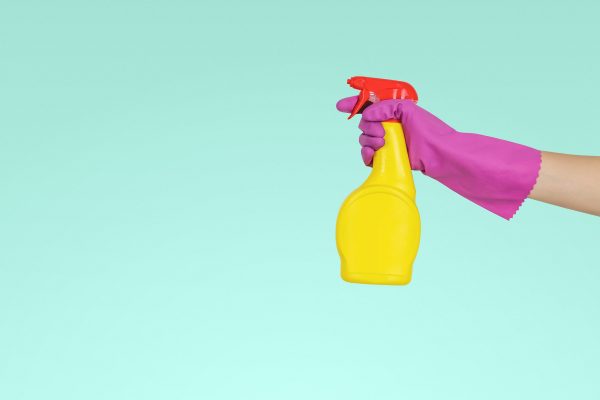
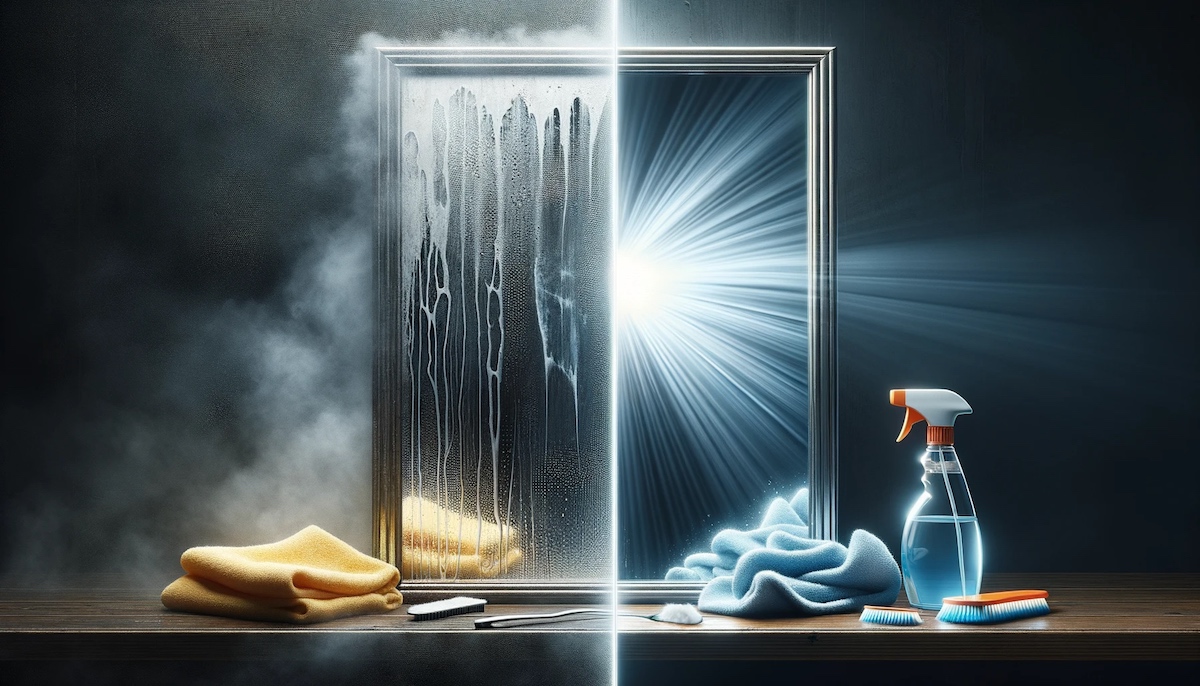

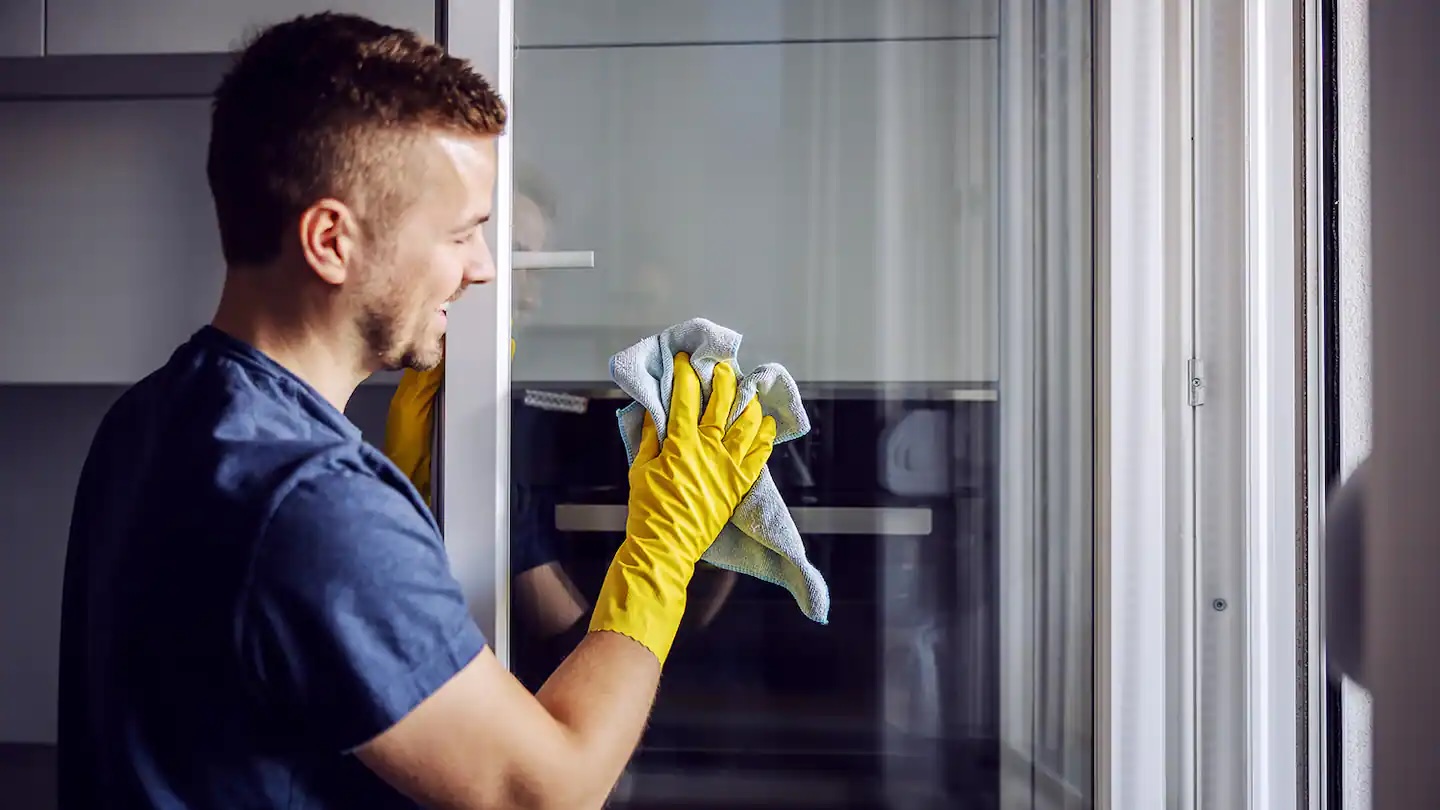
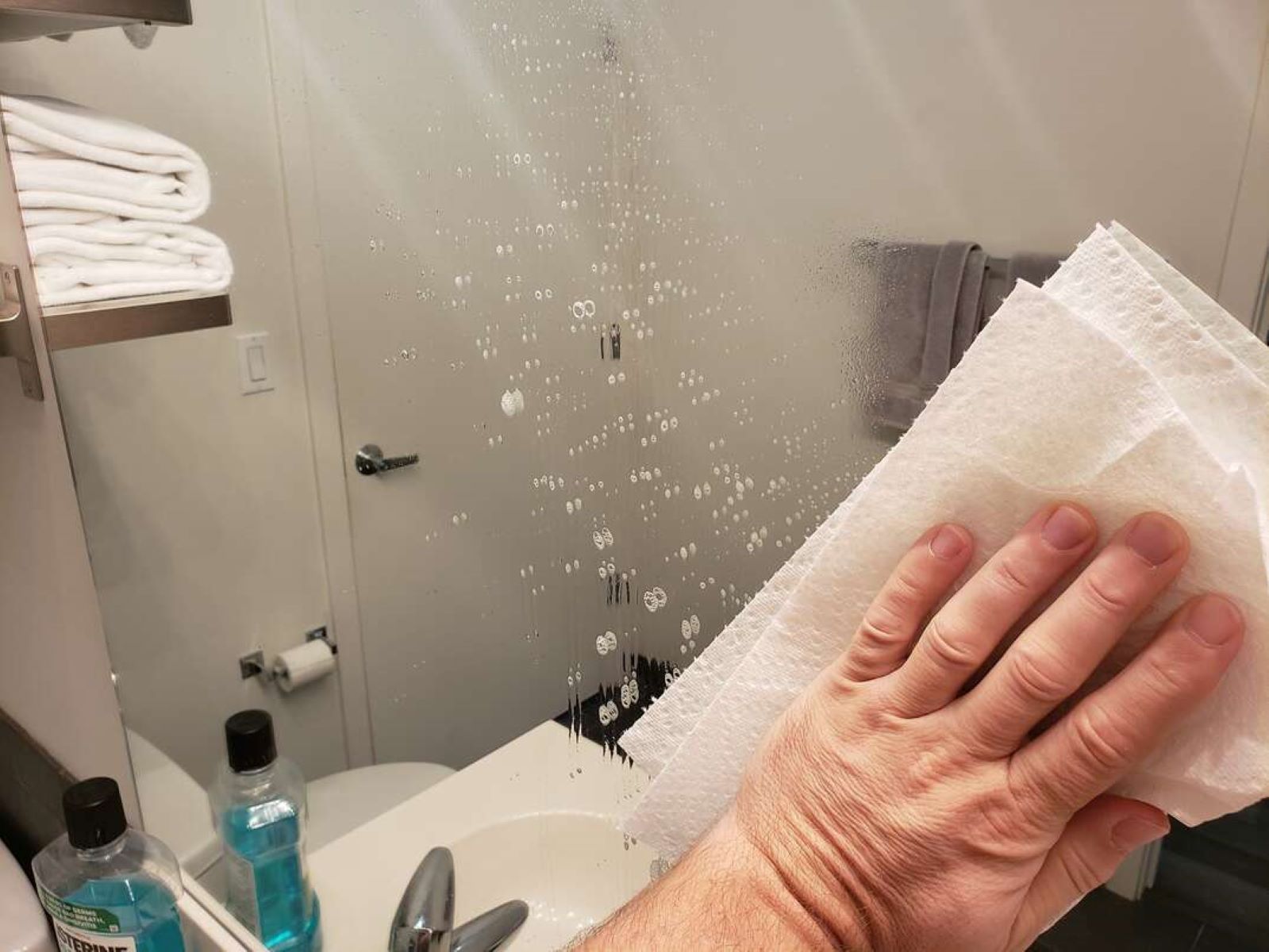
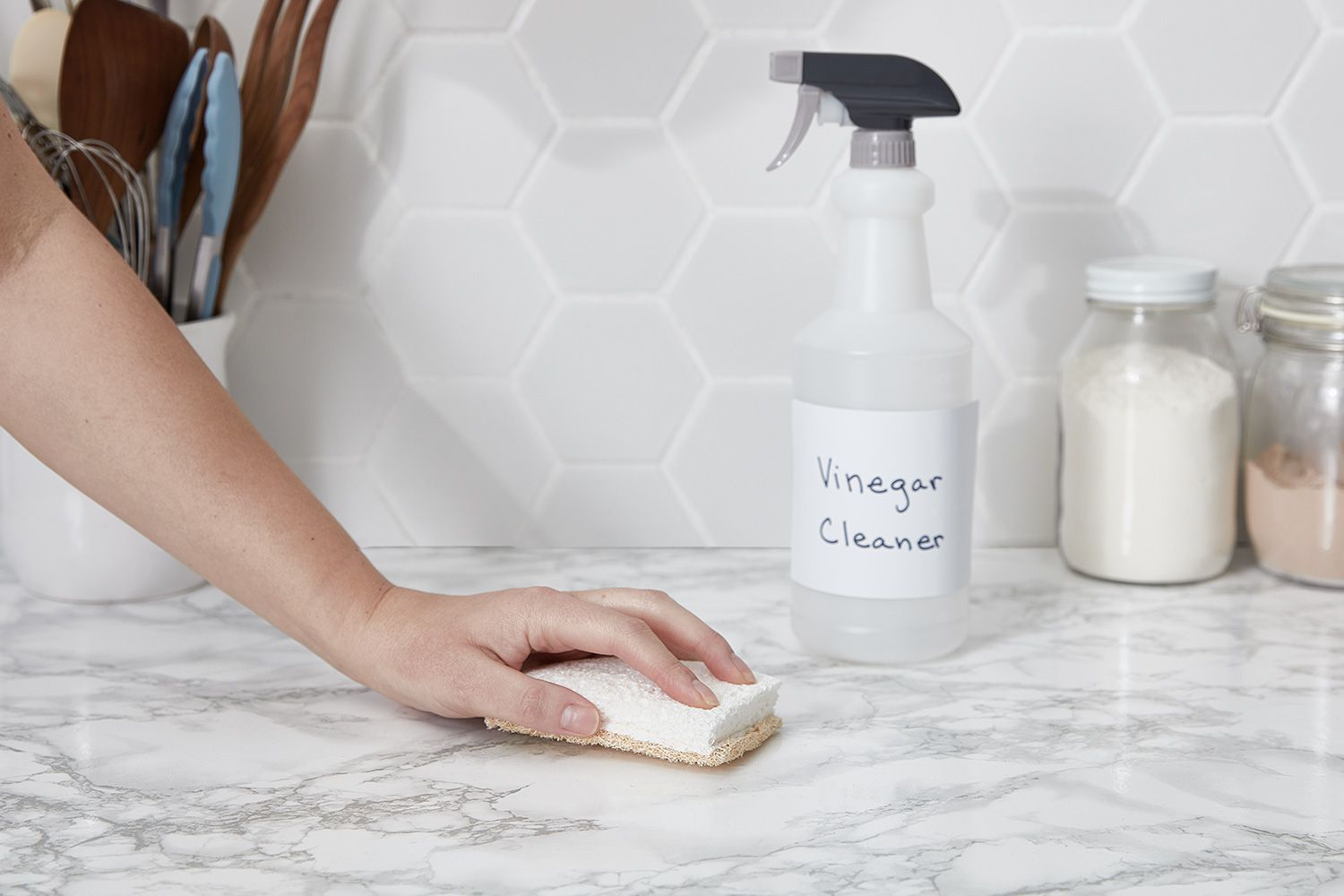

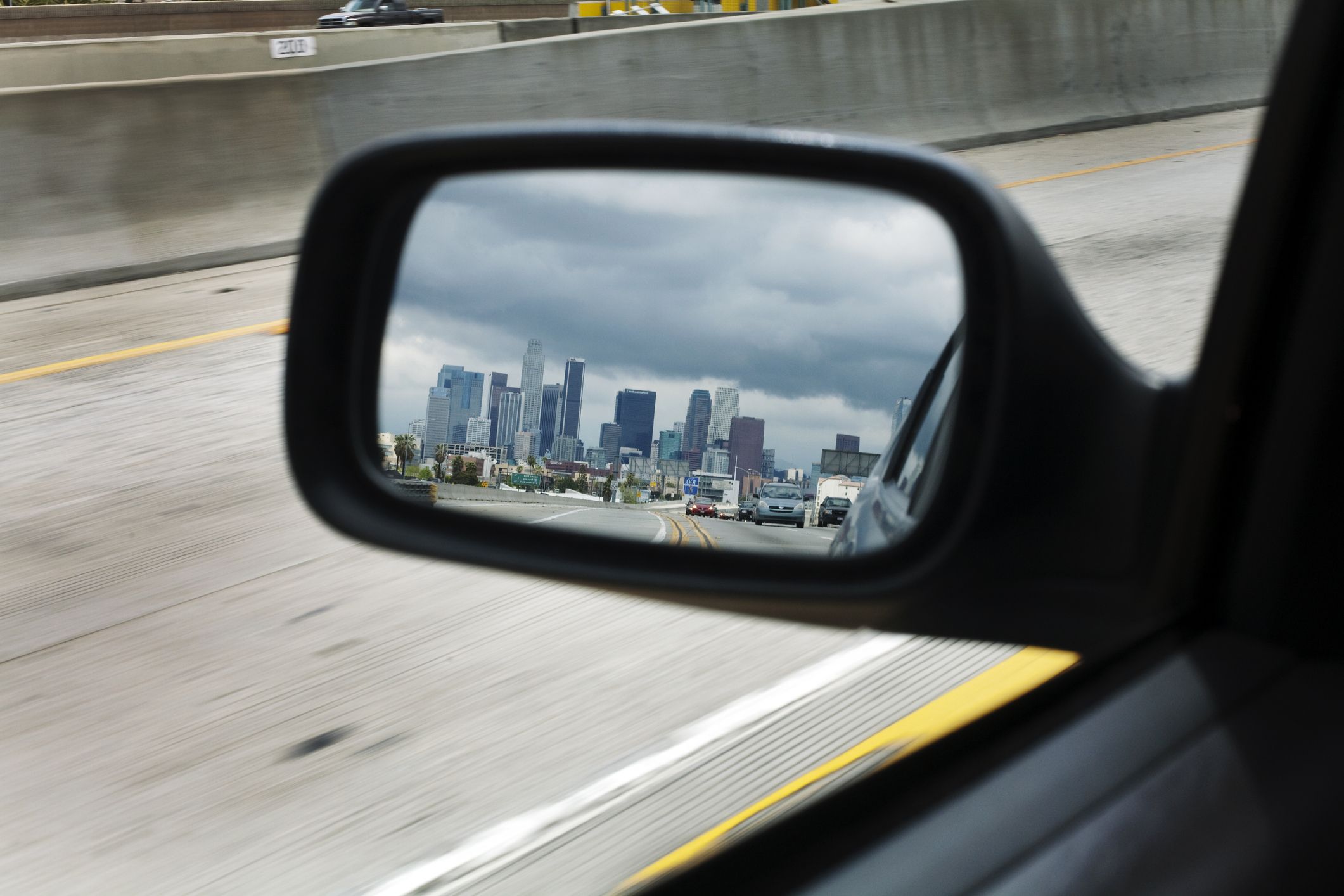
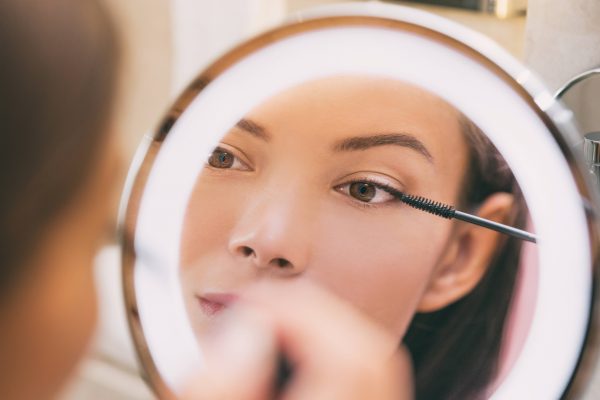
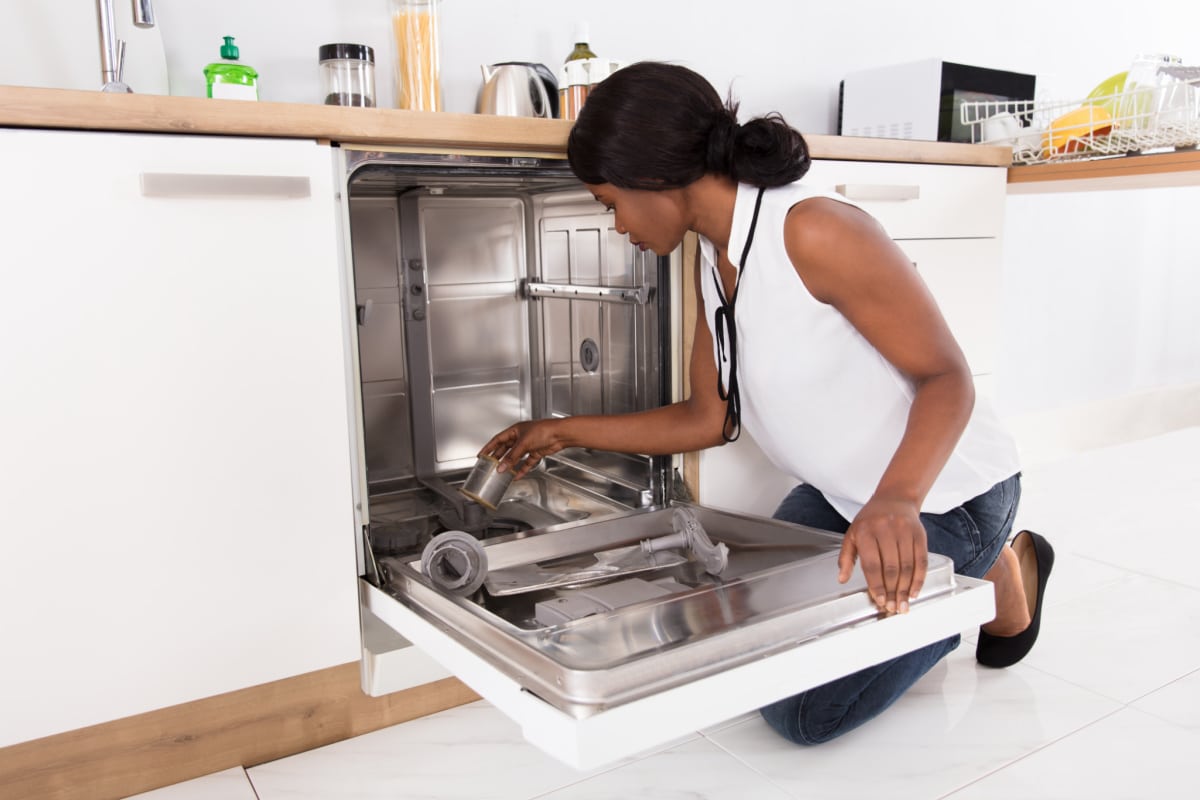

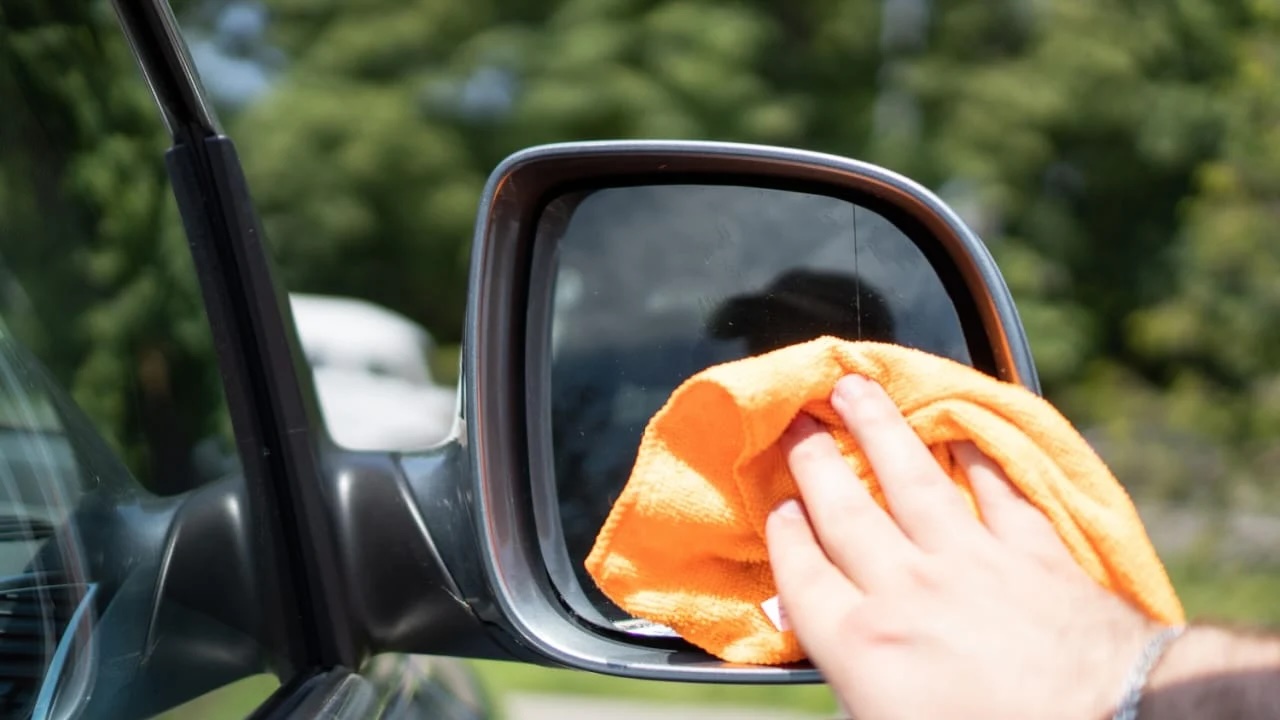
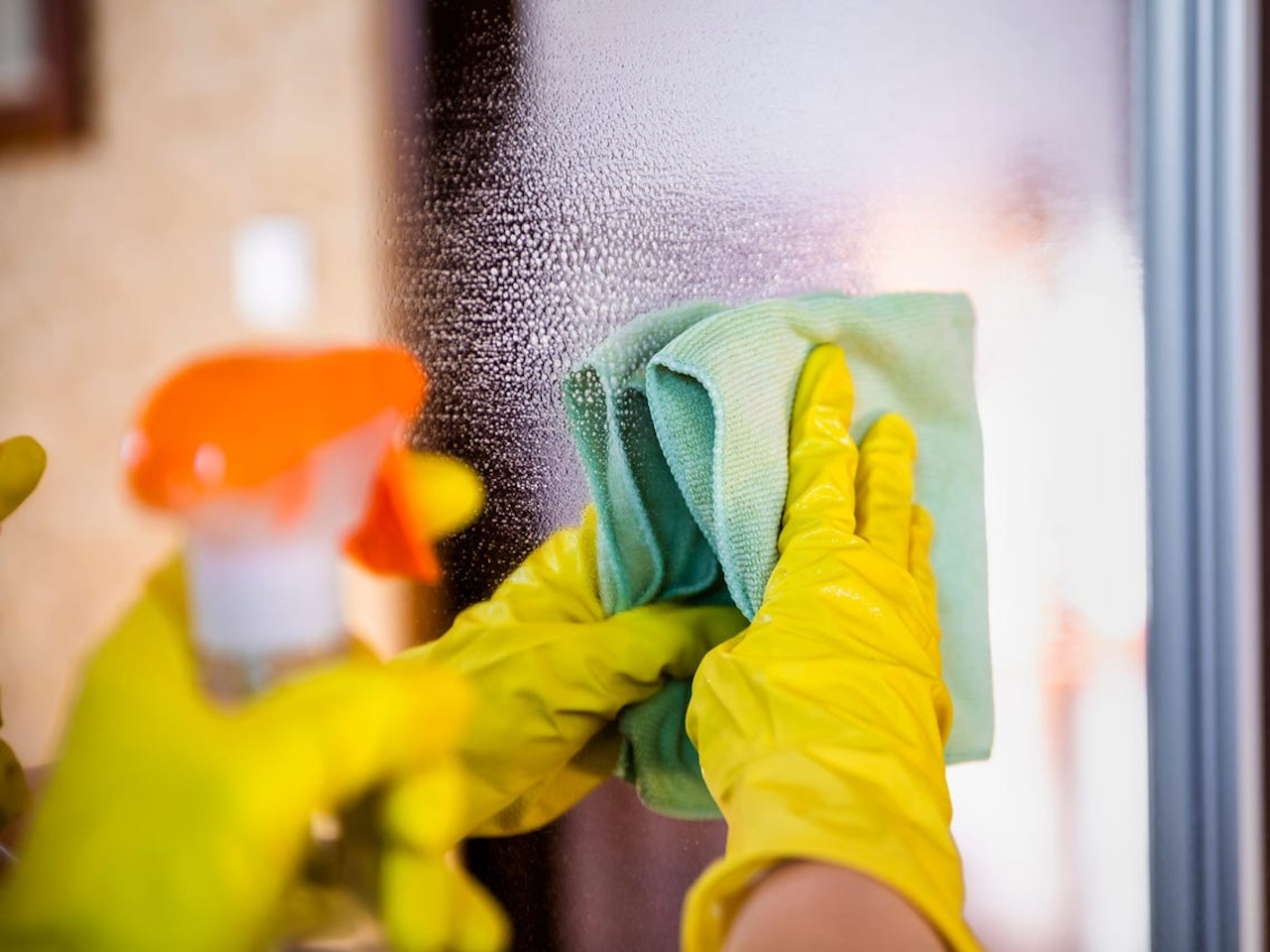
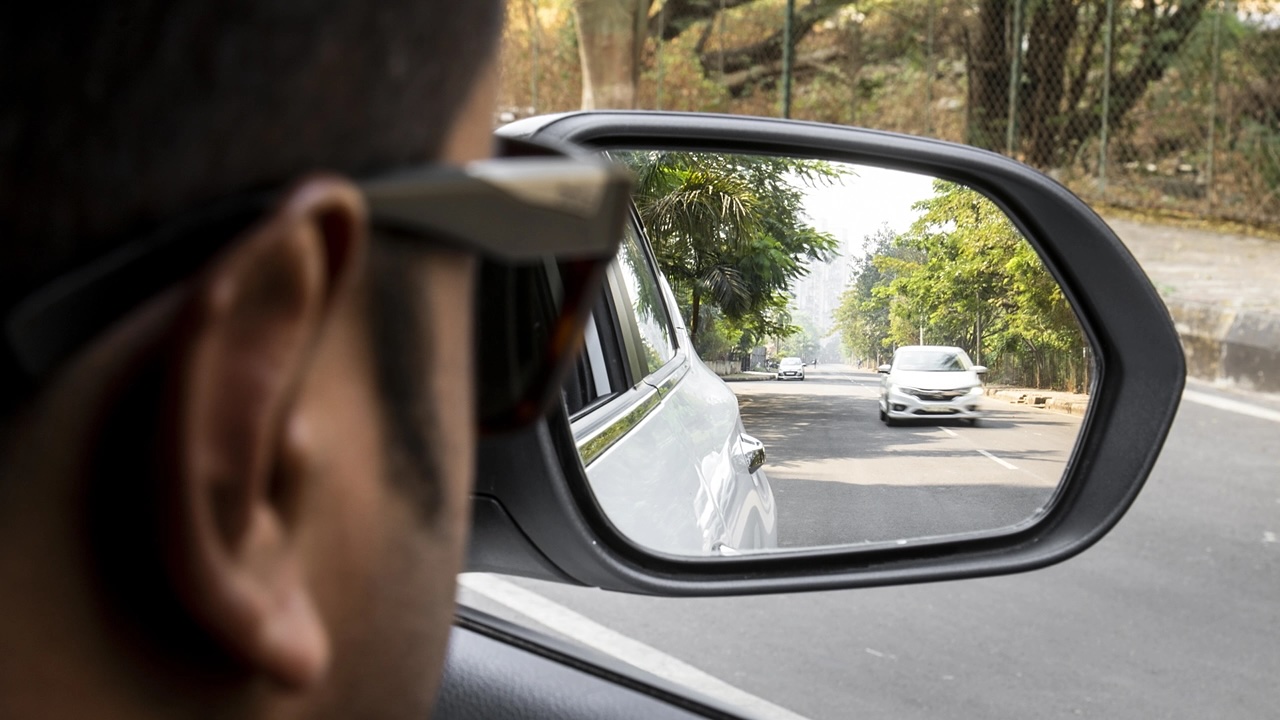

0 thoughts on “Best Products To Clean Your Mirrors Effectively”